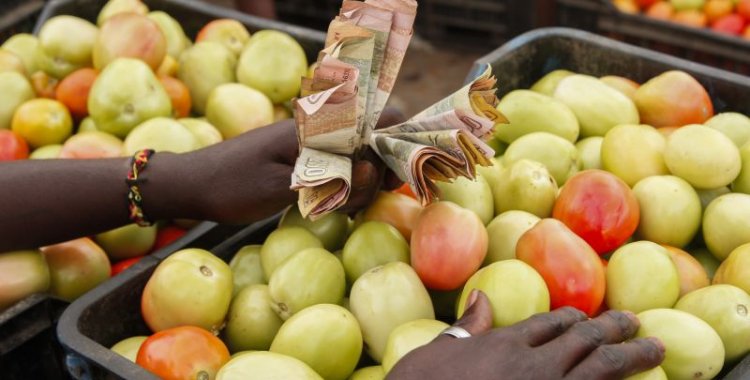For Milton Melo, responsible for the tax area at EY Angola, the global inflationary pressure, associated with the currency devaluation that has been taking place in Angola in recent weeks, could drive the rise in prices of some products.
The Value Added Tax (VAT), in force in Angola for three years, is “normally used in other countries as a weapon to try to alleviate inflation on a certain type of product, by applying reduced rates or VAT exemptions” .
“Therefore, we will see if the list of products that benefit from VAT reductions or exemptions will be reviewed in the next General State Budget without disregarding aspects of a budgetary nature,” he said, speaking to Lusa.
The Government “also cannot give up revenue in terms of VAT and, therefore, it is unknown how these two realities will be balanced: on the one hand, the budgetary issue and, on the other, potential inflationary pressure on some products” , he stressed.
Speaking to Lusa within the scope of the third anniversary of the validity of VAT in the country, the specialist from EY Angola also defended the clarification of some rules associated with the tax.
According to Milton Melo, this tax, halved in 2022 for some products in the basic basket, continues to pose challenges for the Angolan authorities, via the General Tax Administration (AGT), and for taxpayers.
“VAT is a tax with which taxpayers have to correctly issue invoices, report information electronically to the AGT, which poses a challenge as to the ability to respond to all these declarative obligations”, he stressed.
He also considered that there was an “enormous challenge” on the part of the AGT in the management of reimbursement requests submitted by taxpayers.
“I believe that there are adjustments to be made in the AGT teams, because VAT brings many challenges and here it is very important for AGT to add and train human resources, as well as taxpayers”, he defended.
Last week, EY held a meeting with clients and partners in which an assessment was made of the three years of VAT implementation in Angola.
According to budget forecasts for 2022, VAT represented around 17 percent of total tax and contributory revenue, amounting to 1.17 billion kwanzas.
VAT in Angola is based on a system of invoices and equivalent documents, as well as the electronic transmission of data, which guarantee an indirect taxation system based on the principle of neutrality of the tax burden up to the stage of final consumption.







